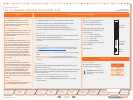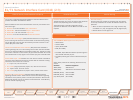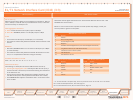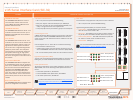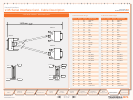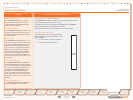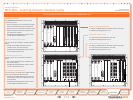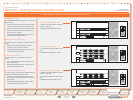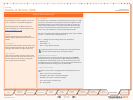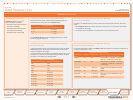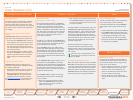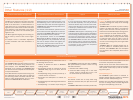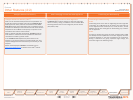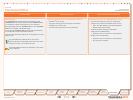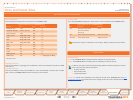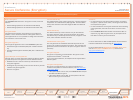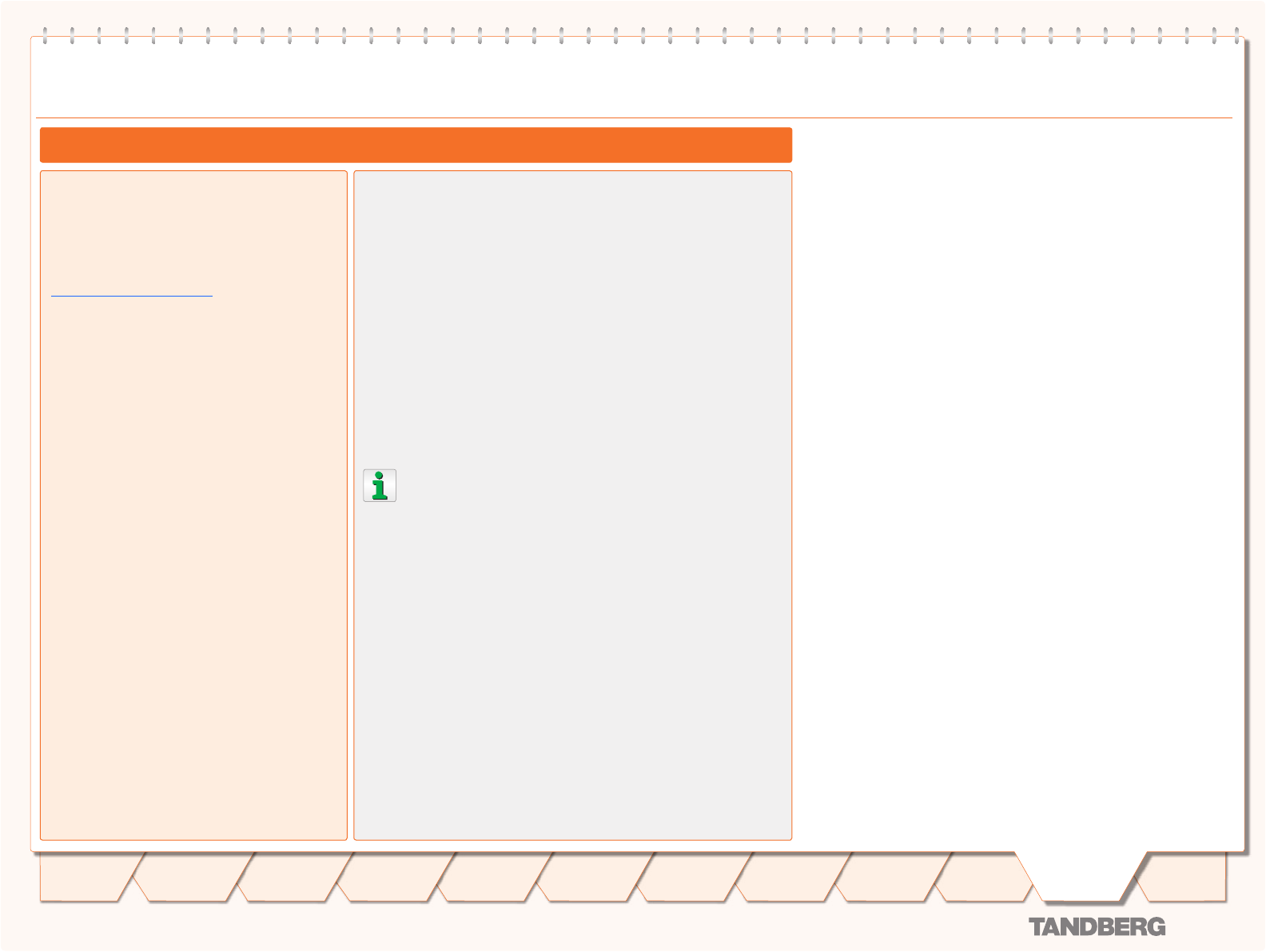
D 13373.08
NOVEMBER 2007
MPS
Table of
Contents
TANDBERG MPS
ADMINISTRATOR GUIDE
Features
Quality of Service (QoS)
IP Precedence
IP Precedence is a classification of packets from 0 (low priority) to 7 (high
priority). The values 6 and 7 are typically reserved for congestion control.
IP Precedence helps a router select what kind of traffic to prioritize. By
means of queue mechanisms, it can select which packets to send first
and which to throw away. Some information/traffic is time critical while
other is not, and classification is used to differentiate this traffic.
One may set separate IP Precedence for Signalling, Audio, Video and Data
(values 1 – 7) as well as turn IP Precedence off.
The Auto setting uses the following values for IP Precedence:
Signalling = 4•
Audio/Video = 4•
Data = 4 (e.g. FECC commands)•
Separate priorities for Audio and Video are not recommended as
this may cause reduced quality and lipsync problems.
Differential Services (DiffServ)
Differential services is another method of QoS offered by TANDBERG
that utilizes 6 bits of the Type of Services Byte. Differential services is
an extension of IP Precedence, where one can set values from 0 to 63
(63=Highest priority). This method is currently replacing IP Precedence as
the preferred method for setting priority of packet traffic.
IP Type of Service (TOS)
TOS helps a router select a routing path when multiple paths are avail-
able.
Delay - tells router to minimize delay•
Throughput - tells router to maximize throughput•
Reliability - tells router to maximize reliability•
Cost - tells router to minimized cost•
Off - Turns TOS off•
Quality of Service Feature (QoS)
Quality of Service (QoS)
All QoS features must be enabled in your IP net-
work in addition to correct MPS configuration.
QoS Configuration for the MPS is done from
System Configuration in the web interface, see
System Configuration > QoS
DiffServ
DiffServ defines which priority audio, video,
data and signalling packets should have in an IP
network.
IP Precedence
IP Precedence defines which priority audio, video,
data and signalling should have in an IP network.
The higher the number, the higher the priority.
Type of Service
Type of Service enables the user to define what
type of connection that should be chosen for the
IP traffic. Helps a router select a routing path
when multiple paths are available.
156
Introduction
Quick
Setup
Using
the MPS
System
Status
System
Configuration
Installation
Gateway
Configuration
MCU
Configuration
Appendices
Main
Technical
Descriptions



